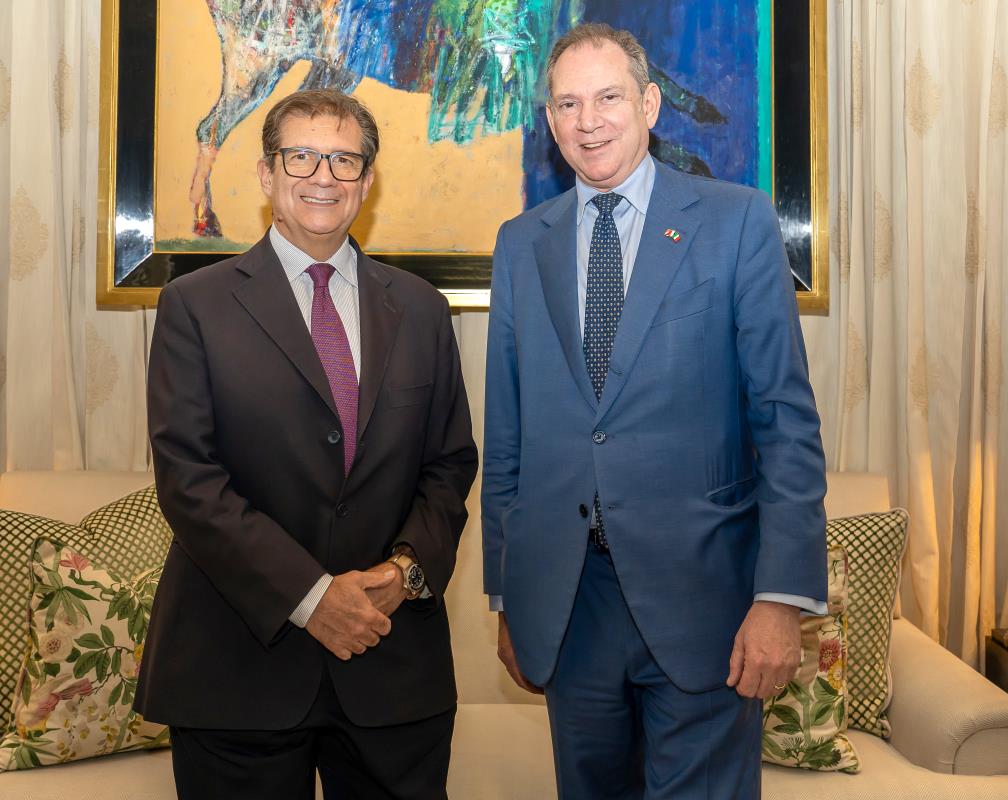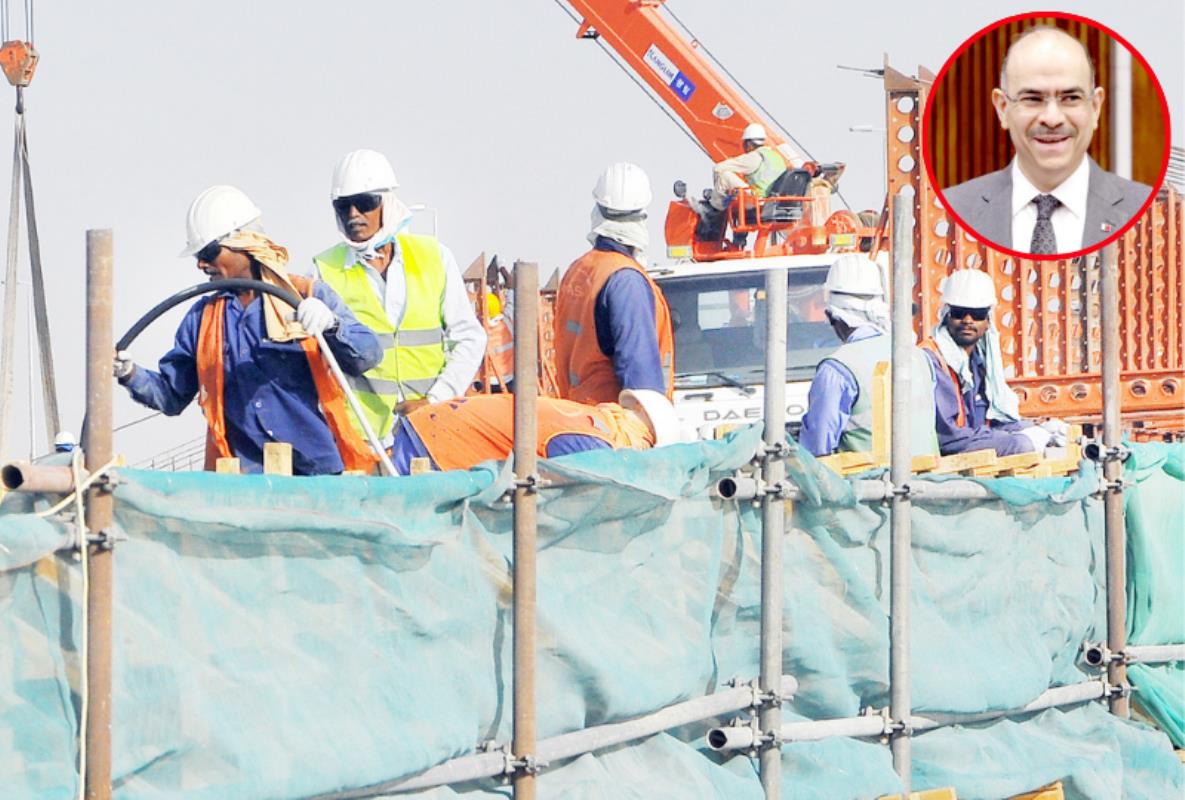
While confidence in all regions has been reduced by higher commodity prices and the tightening of monetary policy, Asia–Pacific, Africa, and the Middle East have been impacted less than the global average.
Dubai, UAE; March 9, 2023 – The Global Economic Conditions Survey (GECS) from ACCA (the Association of Chartered Certified Accountants) and IMA® (Institute of Management Accountants) showed signs of bouncing back in the survey’s Q4 results. The new report indicates that the economic Confidence Index rose slightly for the second consecutive quarter, perhaps reflecting hopes that the worst of the central bank tightening might soon be over, and that China might successfully relax its zero-COVID restrictions with a particularly strong improvement in western Europe and North America and a weaker outlook in Asia–Pacific and South Asia.
Since 2012, the Confidence Index has remained below its median reading. The other three economic indicators – new orders, capital expenditure, and employment, do not provide much good news as capital expenditure has increased marginally but remains below the same-period median and both new orders and employment have shown a red signal. Interestingly, the report shows that the two GECS "Fear" indices, which reflect respondents' concerns that customers and suppliers may go out of business, provide a good cross-check. Despite the sharp rise in borrowing costs and the prospect of negative corporate earnings growth in 2023, these were little changed from the Q3 2022 survey.
The largest fall in confidence occurred in South Asia, due to the aftermath of the monsoon flooding, the debt crisis in Sri Lanka, and requests for International Monetary Fund (IMF) assistance from both Pakistan and Bangladesh. North America and Western Europe recording a modest improvement is particularly striking, with many commodity prices now back to the levels seen before Russia invaded Ukraine, potentially paving the way for a further improvement in confidence.
Ahmad Mkhallati, Senior Director, Middle East, India & Africa Operations at IMA, said "The improvement in confidence probably reflects hopes that the Russia-Ukraine conflict can be contained, and that there will be sufficient natural gas to see Europe through what now looks increasingly likely to be a mild winter. Looking at the rest of the world and emerging markets, 2023 could still be a difficult year. Global confidence has edged up for the second consecutive quarter as cost concerns have eased and with worries about accessing finance and securing prompt payment having not gotten any worse.”
The Middle East slightly recovered from the confidence shock caused by the Russia-Ukraine conflict. The region's Confidence Index fell sharply but has remained above the median level recorded from 2012 to 2022. The sharp rise in energy prices has accentuated the region's advantages and the consistent upward trend in macroeconomic indicators demonstrates this, with capital expenditure, employment, and new orders reaching some of their highest levels in seven years. The risk is that if a global recession occurs in 2023 because of tighter global monetary policies, demand for energy will fall faster than expected, potentially depressing energy prices.
Fazeela Gopalani, Head of ACCA Middle East, said “The economy of the Middle East remains important globally and is watched closely. In all the turbulence of recent years, the region has held up well in the face of the many presenting global challenges. And while risks do remain, as per the latest GECS report, there are also grounds for optimism as demonstrated by last year’s FIFA World Cup, which drove demand for travel and tourism across the region.”



































































